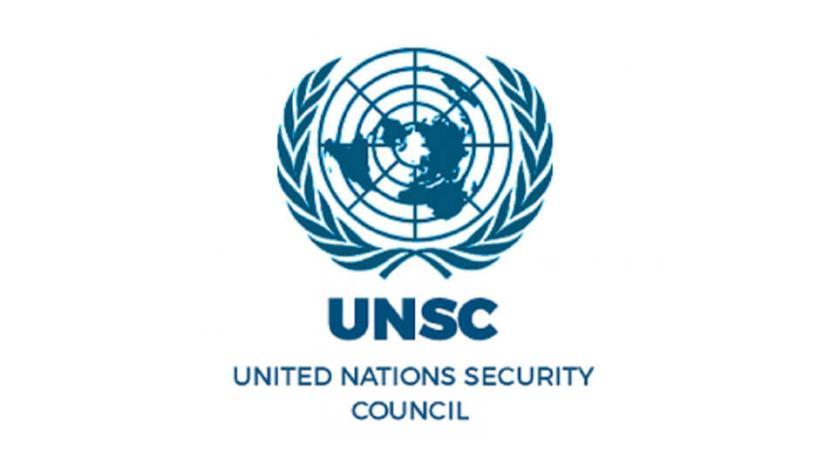UNITED NATIONS, Mar 25 (APP): The UN Council Monday passed a Arab-sponsored resolution calling for an immediate cease-fire in Gaza for the holy month of Ramadan, breaking a five-month impasse during which the United States vetoed several calls for ending the war, while the humanitarian toll of Israel’s military offensive climbed higher.
The 15-member Council adopted the resolution with 14 votes in favour. The United States abstained, allowing the resolution to pass, as the chamber broke into applause after the vote. “Finally, finally, the Security Council is shouldering its responsibility,” said Algeria’s Ambassador to the U.N., Amar Bendjama, the only Arab member of the Council. “It is finally responding to the calls of the international community.”
“The bloodbath has continued for far too long,” he added. Reacting immediately after the vote, UN Secretary-General Antonio Guterres said on X that the long-awaited resolution must be implemented.
The Council’s failure to do so “would be unforgivable”, he stated. Despite some efforts to take U.S. edits to the resolution into account, U.S. ambassador to the U.N. Linda Thomas-Greenfield said that the U.S. “did not agree with everything in the resolution,” most notably its failure to include explicit condemnation of Hamas. “For that reason, we were unfortunately not able to vote yes.”
Israel immediately criticized the United States for allowing the resolution to pass, according to media reports. Prime Minister Benjamin Netanyahu of Israel’s office called the move “a retreat from the consistent American position since the beginning of the war,” and said the U.S. abstention “harms the war effort as well as the effort to liberate the hostages.”
In response, Netanyahu said he would not send an Israeli delegation to Washington to hold high-level talks with U.S. officials on a planned operation in the southern Gaza city of Rafah — a public rebuke to President Joe Biden, who had asked for the meetings.
The breakthrough resolution, which was put forth by the 10 nonpermanent members of the Council, was being negotiated intensely until the last minute. The United States asked for a change in the text that replaced “permanent cease-fire” in the war between Israel and Hamas with “lasting cease-fire,” according to diplomats, and it wanted language calling for both sides to create conditions allowing a halt in fighting to be sustained.
While Security Council resolutions are legally binding and carry significant political and legal weight, the Council does not have the means to enforce them. The Council can take punitive measures, such as sanctions against violators, but even those actions can run into obstacles if a veto-holding member opposes them. Israel is currently in violation of a 2016 resolution that demands it stop expanding settlements in the West Bank.
As images have circulated from Gaza of malnourished children, carnage and destruction of civilian infrastructure, global pressure has mounted against Israel to end the conflict and on the United States to reconsider its staunch support of Israel.
“When such atrocities are being committed in broad daylight against defenseless civilians, including women and children, the right thing to do, the only thing to do morally, legally and politically is to put an end to it,” said Riyad Mansour, the Palestinian representative to the United Nations, to the Council.
The resolution adopted on Monday demands the unconditional and immediate release of all hostages but it does not make its demands for a cease-fire conditional on hostage release — one of Israel’s stated objections to the measure.
Since the start of the war in October, pressure has been building on the Security Council to call for a cease-fire. Its members, particularly the United States, have been criticized sharply for failing to uphold peace and stability in the world.
The U.S. had vetoed three previous resolutions calling for a cease-fire, agreeing with Israel’s position that it had a right to defend itself. Those vetoes infuriated many diplomats and U.N. officials as the civilian death toll in the war rose inexorably. The U.S. position also created rifts even with some of its staunch European allies, including France.
Russia and China then vetoed two alternative resolutions put forth by the United States, the most recent one last Friday, because, they said, those documents did not clearly demand a cease-fire.
In Gaza, more than 32,000 people have been killed by the Israeli bombardment and ground offensive, a majority of them women and children. The U.S-backed resolution that failed on Friday also condemned Oct. 7 operations and called for U.N. member states to restrict funding to it.





